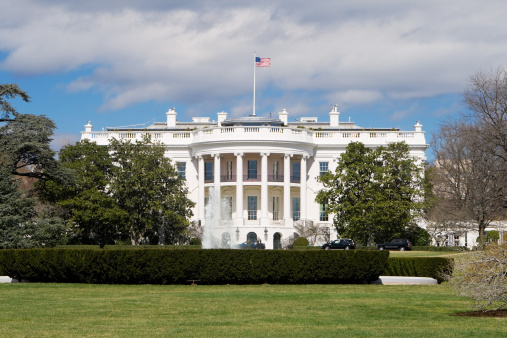Investing
UBS Sees Growth Outshining the American Taxpayer Relief Act
Published:
Last Updated:

If economists at UBS A.G. (NYSE: UBS) are correct, the increase in taxes on individuals making $400,000 and couples making $450,000, combined with the reinstatement of the individual Social Security withholding tax, will not be enough to slow down American economic growth. They are holding firm on their estimate of 2.3% real gross domestic product (GDP) growth in 2013. That figure is almost half a percentage point higher than other Wall St. firms’ estimates.
Why the optimism when conventional wisdom is always to fear higher taxes? UBS contends that higher taxes on the wealthy may hold down their personal savings rates, but will not affect their rate of consumption. Since 70% of GDP is comprised of overall consumer spending, this becomes a positive factor for growth.
Another factor cited is the increase in the tax rate from 35% to 39.6% on small business owners who file on their individual income tax. While higher tax rates crimp capital, it probably is not enough to keep successful businesses from expanding if the economy grows at the anticipated rate.
Government spending also becomes a critical point when forecasting U.S. growth. It is widely assumed that federal spending will decline in the years to come. That affects far fewer people than an increase in federal income tax levels. However, it may have an impact on the share prices of firms dependent on federal defense spending, such as Lockheed Martin Corp. (NYSE: LMT), Raytheon Co. (NYSE: RTN) and General Dynamics Corp. (NYSE: GD). Given the higher level used for the increase in taxes in the recently completed bill, a very small percentage of people will actually see their income taxes rise.
Needless to say, there will be more wrangling on Capitol Hill as very little was actually accomplished in the American Taxpayer Relief Act of 2012. But for consumers the main issue of tax increases has been addressed and settled. That is the issue that most directly influences spending, as well as one that may have contributed to the lowest growth in holiday spending since 2008.
As far as the broad market is concerned, here is one competing view from us on how the DJIA can rise over 11% to 14,590 during 2013.
Lee Jackson
The average American spends $17,274 on debit cards a year, and it’s a HUGE mistake. First, debit cards don’t have the same fraud protections as credit cards. Once your money is gone, it’s gone. But more importantly you can actually get something back from this spending every time you swipe.
Issuers are handing out wild bonuses right now. With some you can earn up to 5% back on every purchase. That’s like getting a 5% discount on everything you buy!
Our top pick is kind of hard to imagine. Not only does it pay up to 5% back, it also includes a $200 cash back reward in the first six months, a 0% intro APR, and…. $0 annual fee. It’s quite literally free money for any one that uses a card regularly. Click here to learn more!
Flywheel Publishing has partnered with CardRatings to provide coverage of credit card products. Flywheel Publishing and CardRatings may receive a commission from card issuers.
Thank you for reading! Have some feedback for us?
Contact the 24/7 Wall St. editorial team.